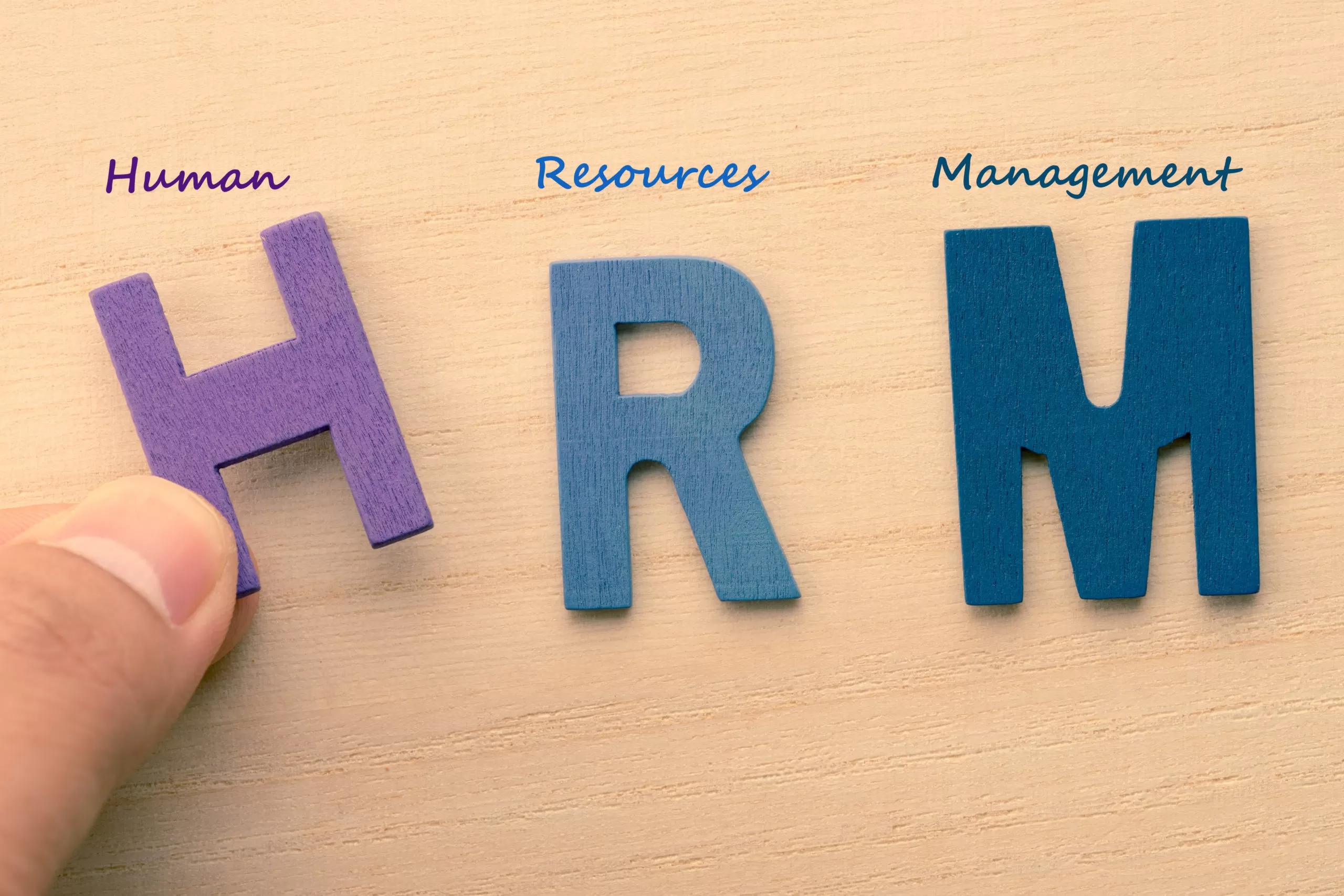Any company or organization that employs people must figure out how to best manage their people or human resources. Labor costs are typically the single largest expense in an organization, so mismanaging employees can have disastrous consequences.
For this reason, many companies have a human resources department or at least one human resources manager in charge of the core HR tasks.
Implementing software like HRIS, HRMS, and HCM may also help with human resources management. Other types of software may help with handling specific aspects of HRM, such as applicant tracking or learning management.
HRM Responsibilities
Depending on the structure of the organization, human resources managers and professionals may be responsible for:
- Recruiting
- Interviewing
- Hiring
- Onboarding
- Training
- Managing employee information
- Exit interviews
- Reporting
- Performance appraisals
- Maintaining compliance
- Employee conflict resolution
- Planning for future needs
HRM Job
Human resources managers are employed in nearly every industry, so the job many look different depending on the structure and type of work that is done within the organization. If employees work from home or from many different locations, human resources professionals may travel or have conference calls to recruit and manage employees. Hours and the way that the tasks are performed may vary, as well.
For Profit versus NFP Organizations
While it may seem that there would be a major difference in how HRM functions within for-profit operations as opposed to not-for-profit organizations, the differences are fairly minor. Salary management must be considered with employees, whereas compensation may come in different forms for volunteers. Hiring, training, and many other needs are the same.
HRM and Company Culture
Human resources managers can play a big part in shaping a company’s culture. Human resources managers are in charge of things that directly impact employees work lives, like performance appraisals, conflict resolution, and employee development. HR managers may also be responsible for wellness programs and organizing events for the company and the community.
Many HRM responsibilities affect employee satisfaction and, consequently, turnover and productivity. Great HR departments do their best to determine whether employees are content and take steps to improve employee satisfaction while keeping in mind the company’s financial health. Using analytics and tools like exit interviews may assist with the improvement of company culture.
Why Use HR Software?
HR software can help with many of the mundane and time-consuming tasks that HR managers are responsible for, freeing up time so that they are able to focus more on the human element. By automating tasks like reporting, employee information organization, and even some aspects of recruiting, HR managers can focus on things like conflict resolution and strategic planning.
HR software may also put some HR functions into the hands of employees, which both saves time and improves satisfaction. When employees can make changes and view their own information without the assistance of an HR manager, they tend to feel more valued and trusted, while also experiencing relief at getting answers right away.
Employees are the heart of an organization, so having good human resources management policies and practices will help to shape a successful company that people enjoy working for.












